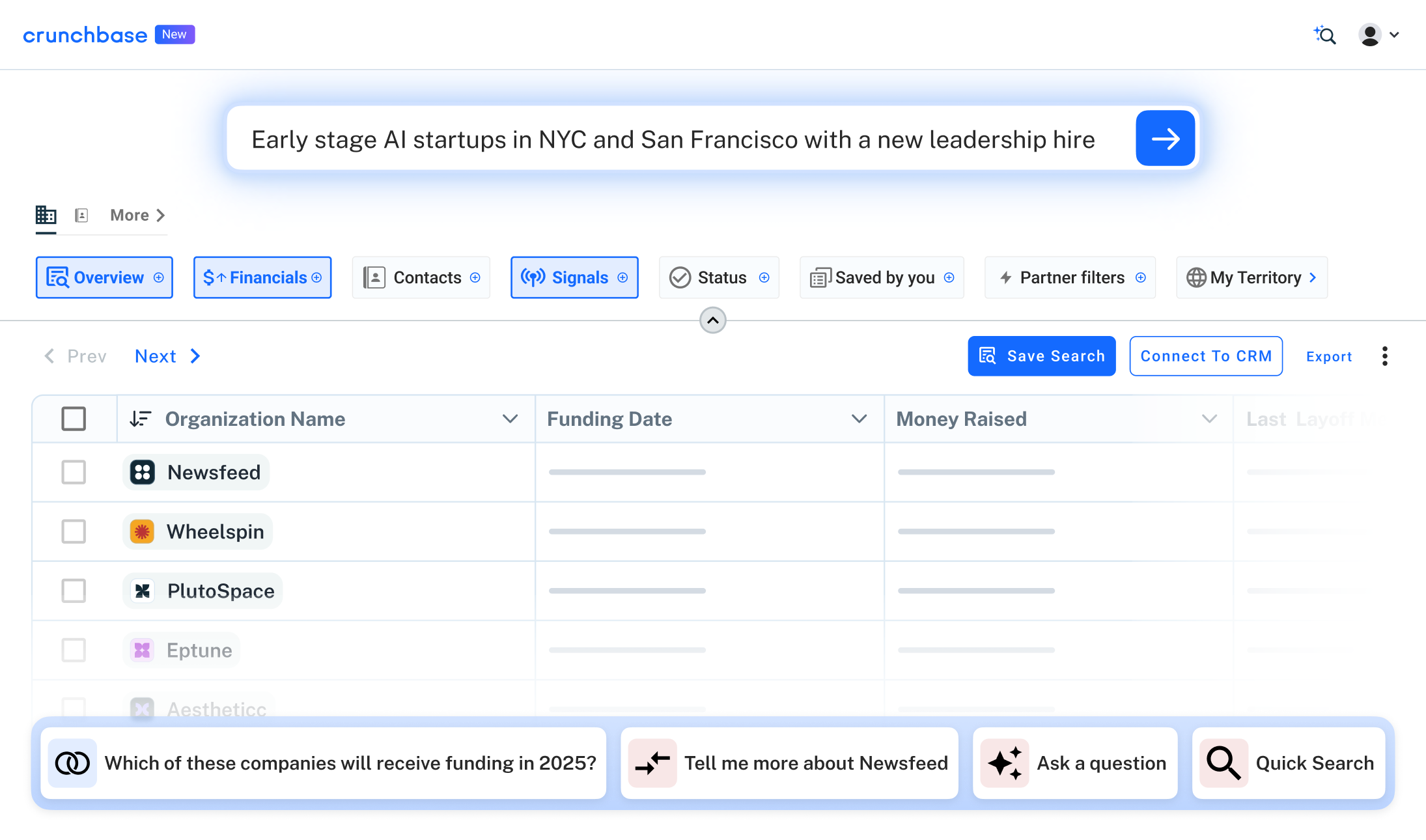We all promote ourselves or our companies for one reason or another.
When done correctly, self-promotion is an incredibly useful tool. It can validate your authority and argument while bolstering confidence in a reader, customer or client. But too often, self-promotion comes off as clumsy—an attempt to place a person or product on an undeserved pedestal. In worst case scenarios, it’s used to intentionally mislead.
I founded a digital publication years ago and have worked in digital marketing since the early 2000s. I’ve seen it all—from fictitious facades rife with delusions of grandeur to well-executed, eloquent self-introductions. There are varying degrees of right and wrong ways to promote yourself or your company.

Photo Source: Man Overboard
Here are some things to consider next time you self-promote or are trying to determine someone else’s intentions:
Know that self-promotion is necessary.
Giving information about yourself or your company is not bragging. It’s an unavoidable and informative preface to almost any interaction.
While your achievements shouldn’t define the value of the content or conversation, you need to tell others why they should listen—especially if you expect them to follow intently.
In the publication world, some platforms disallow mention of the author’s company. At Influencive, we always encouraged it. We would take a piece down if it didn’t offer enough insight or value, but we would never remove a piece for being overly promotional.
An expert has to define his or her expertise.
The best way to do this is to reference accomplishments,past and present business ventures, titles, accolades. Go ahead, namedrop a high-profile client or customers. That’s valuable information to a reader—not just a plug—as long as it’s framed appropriately.
But it has to be done well.
Self-promotion, when well-executed, will leave a reader with a solid understanding of your character, your motives, and your ability to enlighten them on a given topic.
It’s the foundation for the information you’re going to share with them. Whether that foundation is built on years of experience, or just a few specific case studies, self-promotion should be honest.
It’s a matter of transparency.
Self-promotion is detail-oriented. For example, author and entrepreneur Tim Ferriss self-promotes in the right way. If he’s promoting a pair of underwear on his podcast, he does more than just say “Hey, they’re great. Buy ‘em.” He explains why they’re worth the money. Maybe they’re super comfortable, breathable, an overall best-value product. The point is that he provides useful substance in his pitches. And if he is associated with the company, he makes that very transparent.
The whole: “Buy this underwear because Michael Jordan wears them,”cheesy, endorsement-style promotions are out of style. People want something more—a connection that helps them feel like they’re making the right purchasing decision.
Readers should have the same feeling when they begin reading an article you’ve written. They’re investing their time into your work, so you must explain who you are and why they should trust you.
Be wary of self-promotion that sounds like a sales pitch.
There’s a fine line between thoroughly-described background information and bloated, lionized language. If self-promotion constantly pushes a reader to a directive or attempts to funnel them to a certain action, that’s a red flag.
Proper self-promotion aims to educate, not sell.

Photo Source: 5 Easy Tips for Effective Self-Promotion, Threadless Blog
If you’re skeptical about the value of a statement, read it out loud. This helps you identify silly, sensational language that lacks credible value. It often sounds like the local car dealer is shouting about incredible, limited-time offers on the TV.
Vague language should also trip your alarms.
“We have several big-name clients who pay us a lot of money,” is a worthless, empty statement. I want to know who those clients are and exactly how much money they’re paying you. If that information is confidential, you’re not allowed to support your ideas or statements with it. That’s just how it works—most companies don’t harp on big-name clients because they sign an NDA.
Give me details, substance, and specific examples or don’t bother telling me anything.
Know which platforms are prone to bad self-promotion.
It’s an unavoidable reality thatwhile online publications are often excellent resources, some subpar material occasionally gets through their filters in the publication process.
This is especially problematic for contributor-heavy websites. As a reader, you can feel good about reading a staff writer’s content. But contributors can be wildcards, so approach their content with caution.
Online publications often deal with high volumes of content constantly flooding in. There’s only so much fact-checking these websites are able to do—especially when dealing with unverifiable, non-news items. When an article asserts that a company has eight million fans, but they have 437 likes on Facebook, that’s on a publisher to immediately notice and shoot down.
But you also have to do some work as a reader.
As you read the first few lines of an article written by a 16-year-old self-appointed “thought-leader,” it’s only natural to have some questions. Don’t immediately discount it—I’m advocating for healthy skepticism, not disbelief. Simply look for credible assertions early on and do some research about the person.
To become well-known, you have to get your name and company out there. As long as you don’t over exaggerate or believe everything you read about someone or their company, you’ll successfully balance the act of self-promotion.
A lifelong entrepreneur, Brian has a knack for solving important entrepreneurial problems unconventionally. In 2015, Brian became an Inc. 500 Entrepreneur. Brian’s online advertising and marketing agency made the Inc. 500 list of Fastest Growing Private Companies in America, and was the 25th fastest growing advertising and marketing agency in America. Brian is the founder of Influencive, and a CMO in the blockchain tech, and logistics space. Recently, Brian was the Blockchain Influencer of the Year. Brian is ranked as one of the top business journalists and influencers in the world.
.svg)




